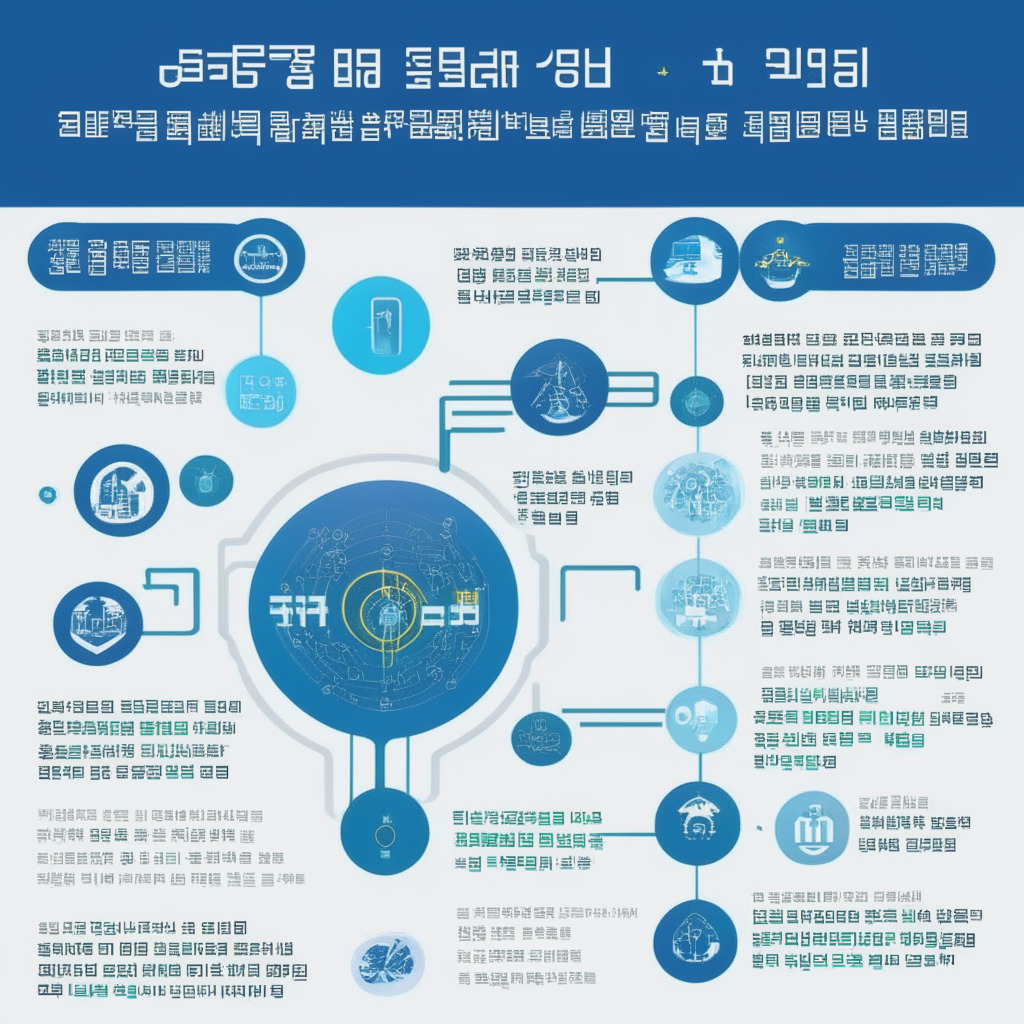South Korean mobile giant KT has made a bold move by pledging to invest $5.3 billion in artificial intelligence (AI) service research and development over the next five years. This announcement clearly demonstrates KT’s ambition to become an AI industry leader by aiming to generate annual sales of over $764 million from its AI ventures by 2025.
However, a question arises: is the company overreaching with its goals? While the AI sector is indeed experiencing tremendous growth—projected to be worth an astonishing $15.7 trillion by 2030—global tech giants like Amazon, Microsoft, Adobe, and Zoom are already making significant progress in AI development, making it a highly competitive market.
As part of its AI vision, KT has outlined plans for AI-driven customer service in areas like robots, care, and education, emphasizing that the company will transition from a hardware-centric approach to service-centered in its AI robotics division. Additionally, by focusing on outdoor delivery robot services, logistics robots, and agricultural delivery robots, the firm aims to establish itself as a leading AI robot service provider.
Another vital side of the company’s AI vision includes exploring telecare services based on AI technology for chronic disease management. This service will encompass ‘AI Food Tag’ technology, which will simplify dietary habit recording and nutritional content analysis through a single photo. It combines practicality with innovation and could be a game-changer in the healthcare industry.
Despite having a comprehensive view of AI’s future, KT faces an uphill battle in expanding its services internationally. For example, to enhance AI transportation platforms, the company will work with Singaporean telecom leader Singtel. While this partnership might help Singapore become East Asia’s logistical hub, it is no guarantee that KT’s AI care services (including those geared towards cancer patients and chronic disease patients) will succeed in other countries, such as Vietnam.
Moreover, KT’s ambitions stretch into the education sector, where it plans to introduce the “AI Future Education Platform.” The platform is designed to foster digital innovation in education by providing customized learning guidance via AI. Though it is expected to be implemented in public education this year, it remains uncertain whether it will successfully expand to other regional education offices.
In conclusion, KT is undoubtedly aiming high with its commitment to invest billions in AI research and development. However, success in the highly competitive AI industry, which is ruled by prominent global players, is not guaranteed. Yet, if achieved, the company’s bold moves could revolutionize healthcare, education, logistics, and robotics.
Source: Decrypt




